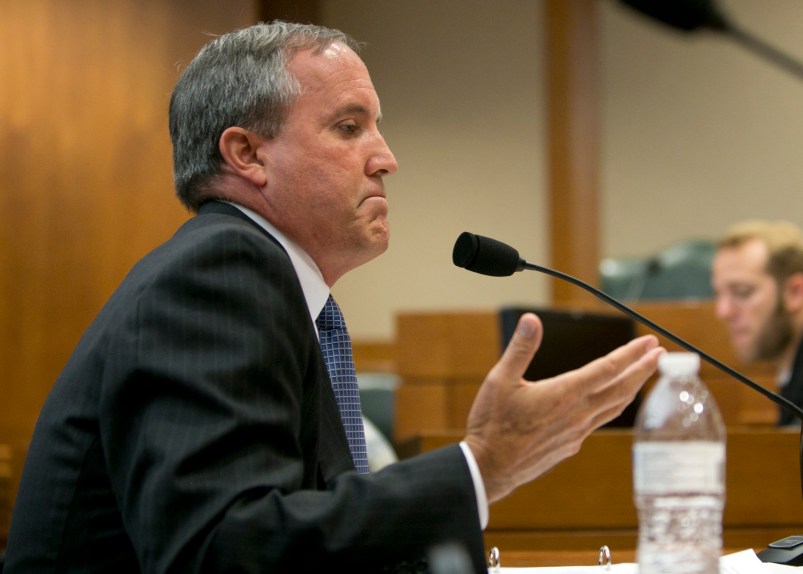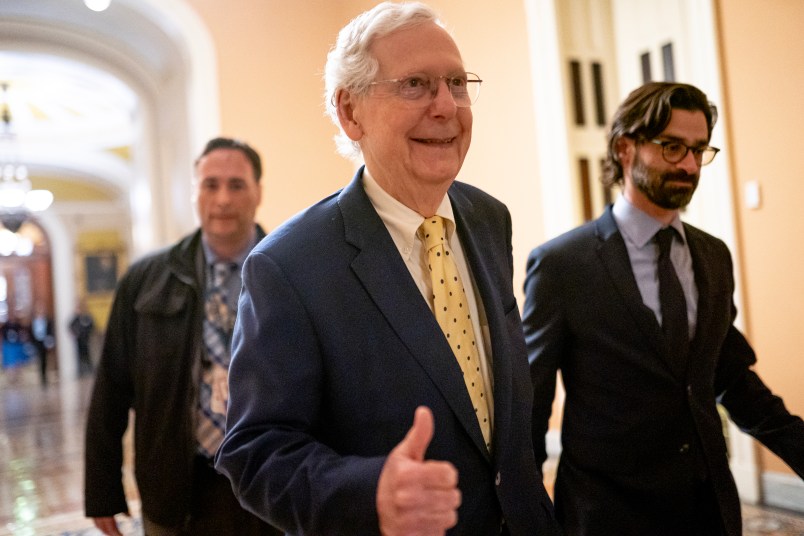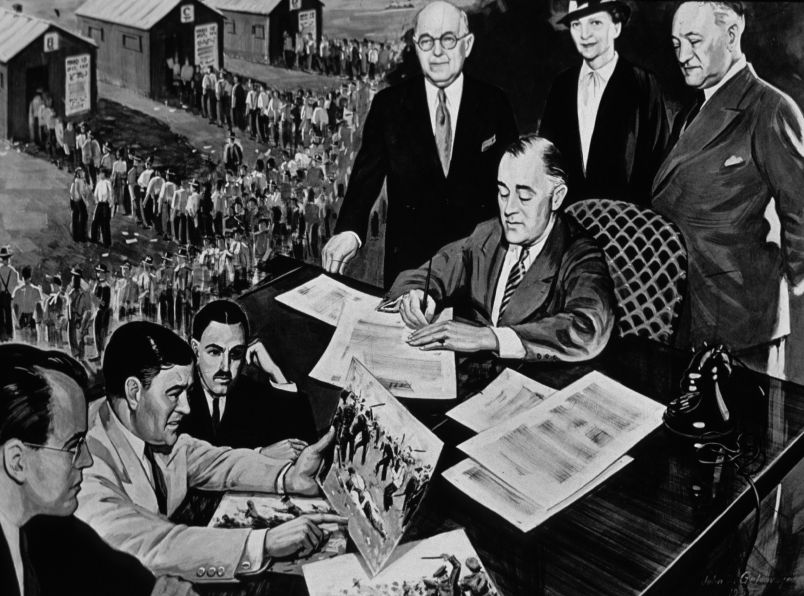Later-term abortions make up a very small portion of all terminations performed in this county: according to the Guttmacher Institute, approximately 4.8 percent of all abortions occur after the 20th week of pregnancy. But that hasn’t stopped anti-choice activists and politicians from enacting an outsize number of laws to restrict this rare procedure, often using the medically controversial concept of “fetal pain” as a rationale to prevent women from terminating after the 20th or 22nd week.
While a number of reputable medical organizations have found that a fetus, in the words of one report, “probably does not have the functional capacity to experience pain until after the beginning of the third trimester of pregnancy, and it is unlikely that pain can be experienced until birth,” the anti-choice movement has refused to be swayed by either this wealth of scientific evidence or the actual reasons women have later-term abortions. But these reasons, which often include terminating because the fetus has been diagnosed with severe abnormalities or will not live past birth, or because the woman is facing grave threats to her health and life, are real and significant. They are as real and significant, in fact, as the almost insurmountably high barriers to finding a physician in this country that will perform an abortion after the 20th week of pregnancy.
All of which makes last week’s episode of the ABC Family drama The Fosters that much more remarkable. The show, which takes place in San Diego, is about a lesbian couple, Stef and Lena, and their five children, four of whom are either adopted or fostered. In the most recent episode Lena, who is five months pregnant, develops severe pre-eclampsia and is told by her doctor that continuing the pregnancy will put her health in serious jeopardy and even risk her life. Although Lena’s initial reaction is to continue the pregnancy regardless of the dangers, she eventually decides to have an abortion.
The words “abortion” and “termination” are never mentioned; neither is the fact that Lena is treated at what—based on its name and a rather prominently placed religious statue—appears to be a Catholic hospital. And while these omissions were slightly jarring, at least to this viewer, the show deserves high praise for the sensitive and subtle way it depicted both Lena’s fervent desire to continue this pregnancy and her equally strong desire to be a mother to the children she already had. And while every woman’s experience with abortion is different, it’s hard not to think that Lena’s struggle has at least a little in common with the experience of other mothers that have chosen to terminate a pregnancy.
The Fosters is the latest in a growing number of ostensibly teen-focused shows that addresses abortion. Degrassi: The Next Generation famously—and controversially—took on this topic a decade ago, and the abortion arc on Friday Night Lights remains the gold standard for how to thoughtfully and realistically address not just one individual’s decision but the repercussions that that decision can have for her family and community.
Whether Lena’s decision will be carried into other storylines in this season and beyond remains to be seen, of course. But even as a stand-alone episode, it serves as a powerful antidote to the anti-choice narrative that later-term abortion is always a result of a selfish or thoughtless woman that just doesn’t want the responsibility of being a mother. And it serves as an equally powerful corrective to the manner in which so much of the mainstream media reduces the issue of later-term abortion—and often abortion in general—to sound bites and political rhetoric that is devoid of the nuance, emotion, and complexity of real life.
The Fosters doesn’t have the power to single-handedly shift the abortion debate into this more humane and realistic direction. No television show does, nor should it. But The Fosters does have the power to inspire conversation, and to help chip away at the stigma that surrounds abortion. By taking abortion out of the headlines and into the lives of a couple that viewers admire and relate to, The Fosters—just like other shows that have depicted abortion in an even-handed and realistic manner—reminds us just how unexpected and common this choice really is.
Sarah Erdreich is the author of Generation Roe: Inside the Future of the Pro-Choice Movement. She lives with her family in Washington, D.C.
—
Photo: Shutterstock/Poznyakov









